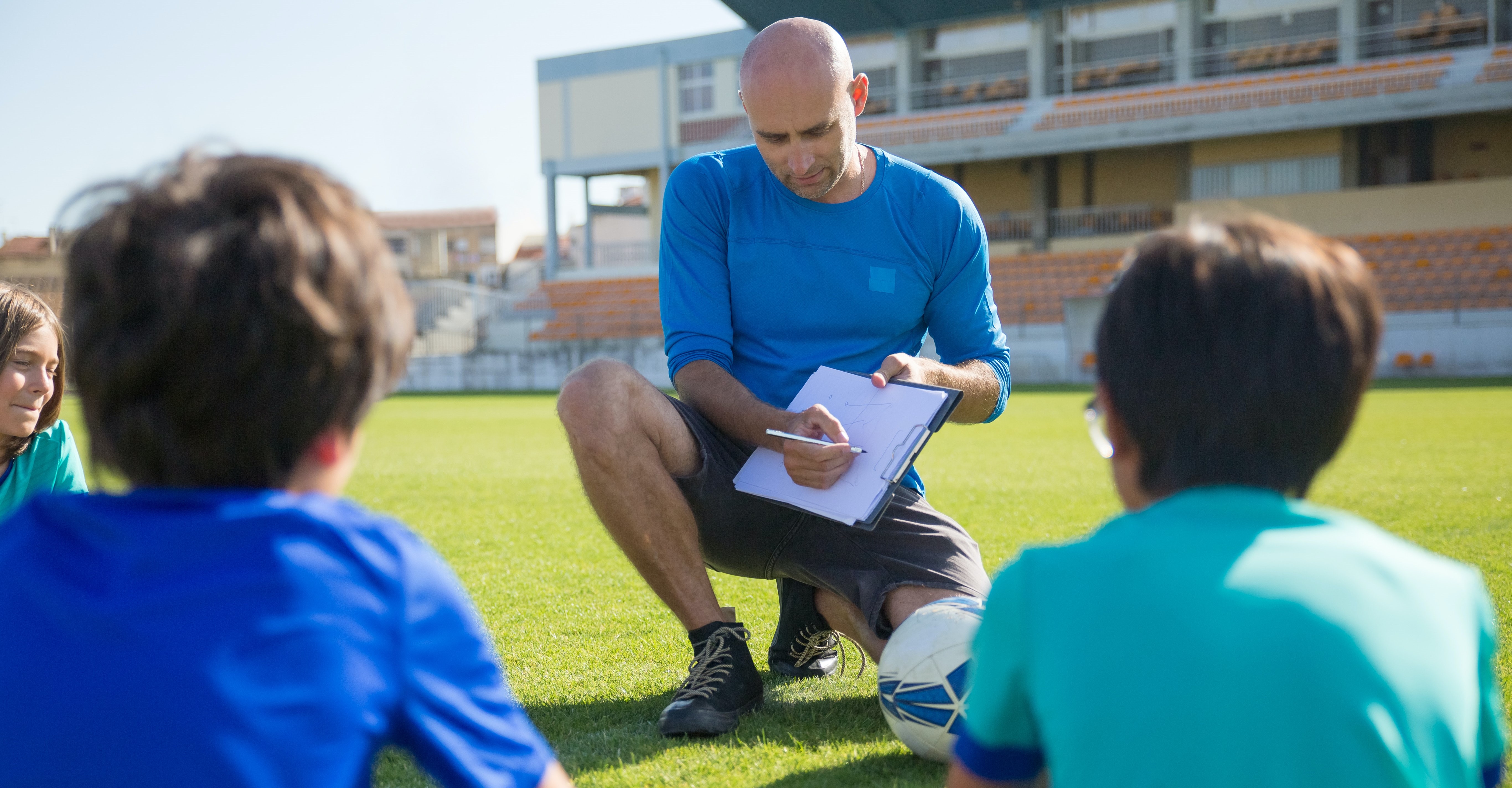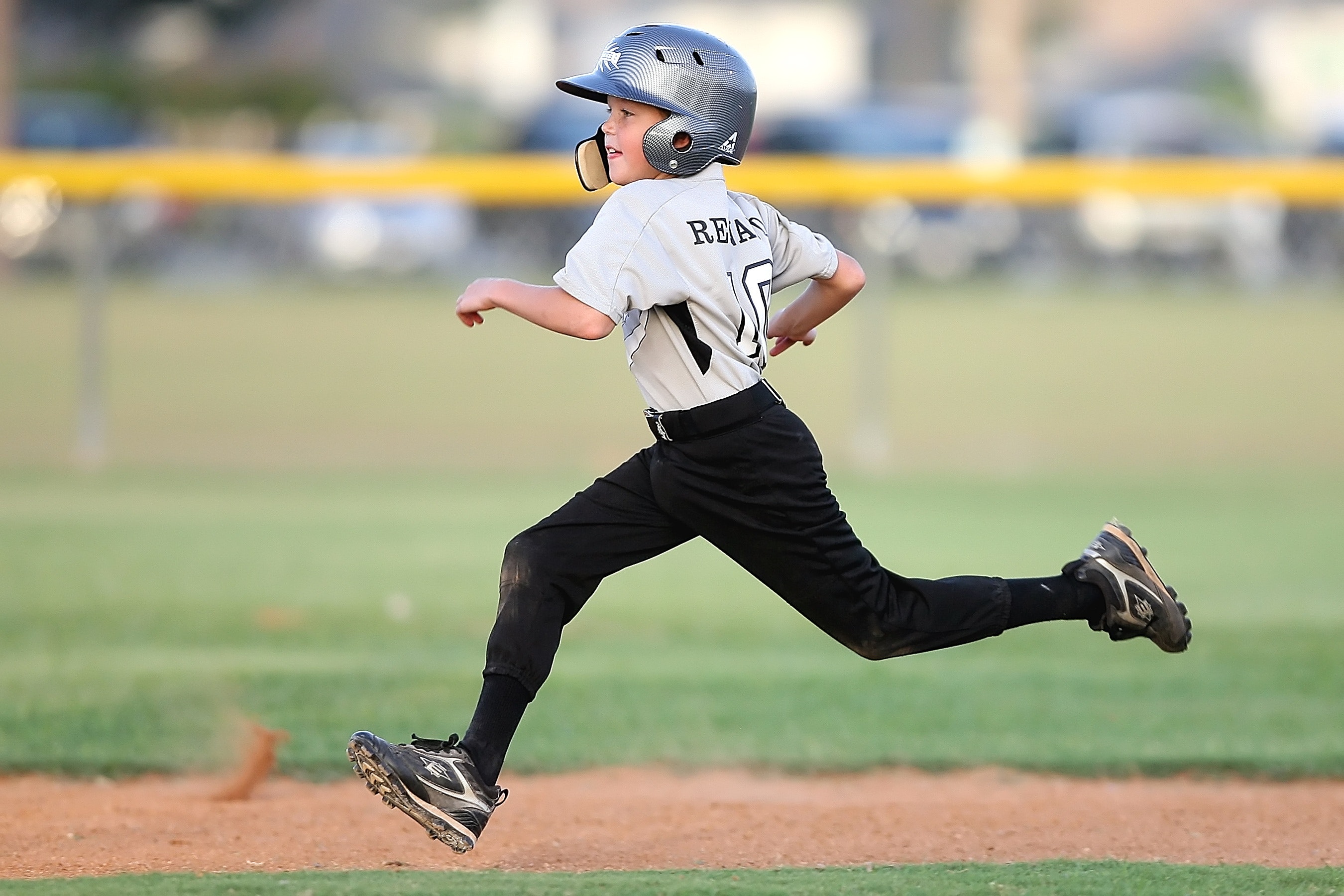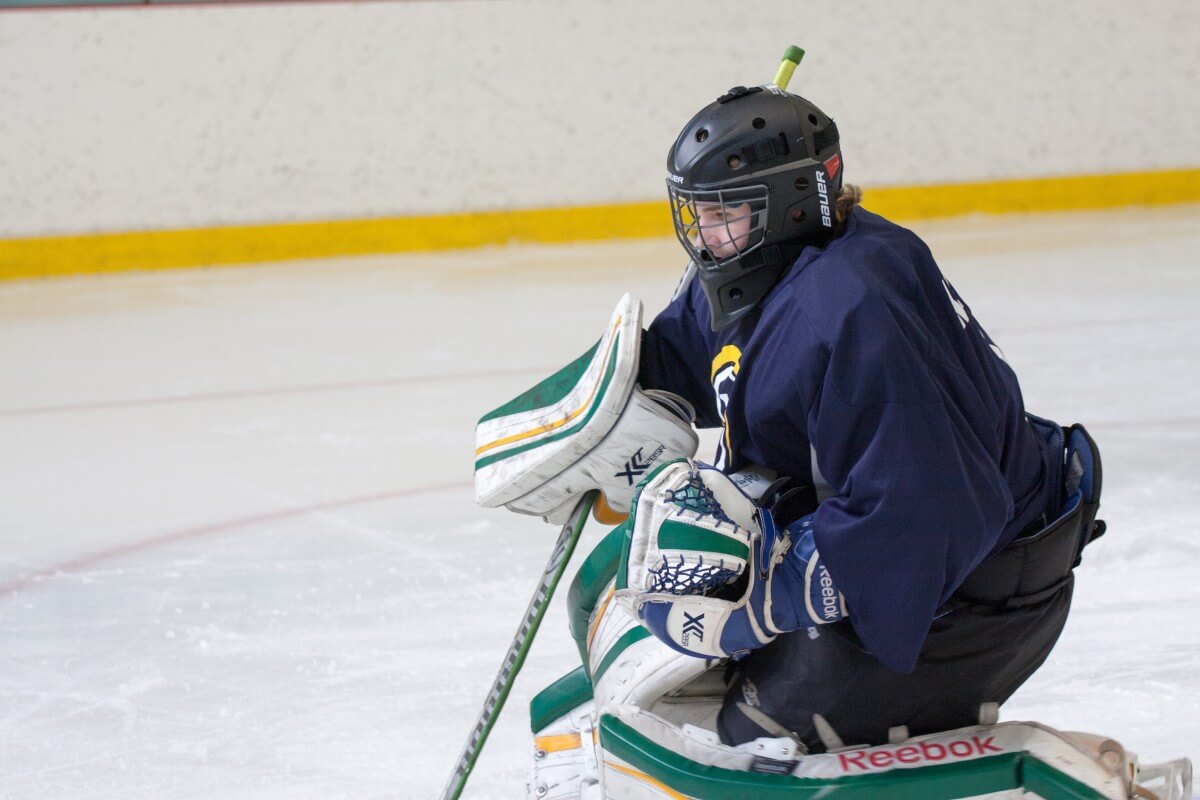Team sports offer children a lot of benefits, including a boost in physical fitness as well as increased social and emotional skills. However, when too much emphasis is placed on competition and there’s not enough attention on developing proper athleticism, it can lead to failed attempts to participate in organized sports. To avoid this problem, there’s a set of best practices for training youth known as the long-term athlete development (LTAD) model.
What is Long-term Athlete Development?
LTAD is a multi-stage training model that that guides an individual’s experience in sport and physical activity from infancy through all phases of adulthood. One key concept in the LTAD model is “windows of opportunity” — points in time that exist in which individuals should train certain skills to maximize their potential. When that point in time passes, the ability to reach full potential decreases. Training the right components at the right stage of development is key to the success of all athletes, from beginners to pros.
The following are the 7 stages that lay the foundation to this training model.
1. Active Start (0-6 years old)
During their early ages, children should begin building the fundamentals of movement – agility, balance, coordination, and speed. These skills are essential because they later provide the foundation for fundamental sport skills. Physical activity should be fun and a part of their development. At this age, active play builds important connections between the brain and muscles.
2. FUNdamenatal (girls 6-8, boys 6-9)
Children at this age are motivated by their desire to have FUN while improving their fundamental movement skills. Encourage diversity in your child’s athletics by participating in different kind of team sports or activities. This decreases the risk of burnout through premature sport specialization.
3. Learn to Train (girls 8-11, boys 9-12)
Children at this stage can begin more formalized training. Children should be encouraged to play multiple sports throughout different seasons as children have the best opportunity to convert fundamental movement skills into fundamental sport skills. This stage ends when growth spurts begin.
4. Train to Train (girls 11-15, boys 12-16)
This stage takes place during the onset and end of the adolescent growth spurt. During this stage, it is important to instill good physical habits that promote health and fitness.
5. Train to Compete (girls 15-21, boys 16-23)
This is the stage where children will pursue athletic excellence. Young athletes at this age will usually choose one sport in which they will train to develop excellence in position specific skills. This stage also focusses on developing physical, mental, cognitive, and emotional capacities to compete at the highest level of competition.
6. Train to Win (girls 18+, boys 19+)
Athletes may now be considered full-time athletes. Elite athletes with identified talent enter this stage to pursue the most intense training suitable for international winning performances.
7. Active for Life (any age)
Active for Life is both a stage and outcome of the LTAD model. This stage represents the transition from a competitive career to lifelong physical activity.
Peak Centre Academy can help your child achieve athletic success
To be successful, an athlete development framework such as Long-Term Athlete Development requires highly skilled, trained or certified coaches who understand the stages of athlete development and the various interventions that should be made. At Peak Centre Academy, we have remarkable staff members who have proven their excellence in education and athletics throughout their careers.
Our sports program follows the principles of Long Term Athlete Development and combines sport-specific activities and unstructured playtime that encourages physical creativity. All our programs are built on a sound scientific foundation using the latest research on young athlete development and performance. Our sports curriculum is flexible to allow for individualization and differentiation based on the stage of development and the physical abilities that are optimally trained at each stage of development.
Interested in learning more about how Peak can get you or your child started on the path to achieving your personal fitness and athletic goals? Book an assessment at our Centre or schedule a visit to our Academy today.



